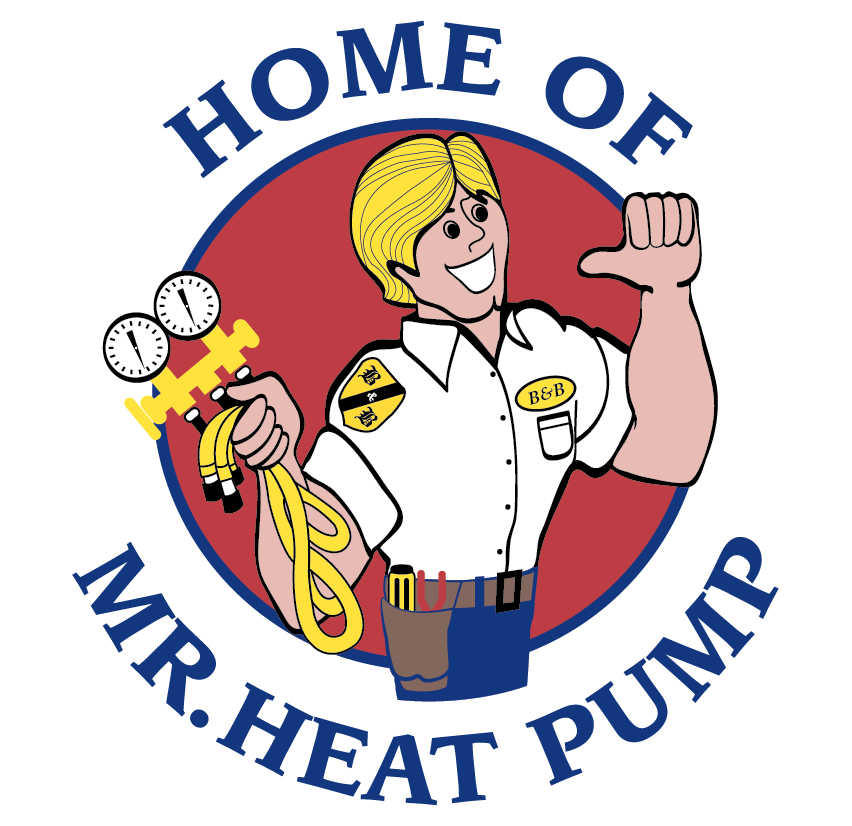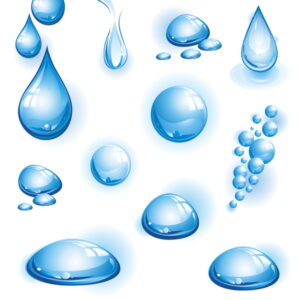If you know the basics of how central air conditioning systems work, then you understand that an AC doesn’t use water to cool the air. The AC in your house cools down the air using refrigerant, which absorbs heat along the indoor evaporator coil, then releases that heat outside through the outdoor condenser coil.
However, water is a part of the way your AC works, and it isn’t surprising to discover water leaking from the indoor unit. It’s not something you want to see happen, however! We’ll explain how water leaks can occur in an air conditioner so you’ll know when to call our technicians for air conditioning service in Clarksburg, MD.
Water is a byproduct of evaporating refrigerant
The AC doesn’t use water, but it does create it as part of the cooling cycle. When the air conditioner is running, cold refrigerant moves through the indoor evaporator coil and the blower pushes warm air around it. This causes the refrigerant in the coil to evaporate, turning from a cold liquid into a warm gas as it absorbs heat from the air and cools the air at the same time.
However, evaporation also causes air moisture to condense along the coil. This is the same as the effect you see when you pour cold liquid from the refrigerator into a glass: beads of condensation form on the outside of the glass as the cold liquid absorbs heat.
Where the water condensation goes
What happens to the water that forms along the evaporator coil? The AC has a condensate drainage system in place to remove it from the unit. The water drips from the coil and into a shallow pan located below the coil assembly. A pump draws the water down a drain in the pan and pushes it through a line that lets the water drip outdoors. Whenever you hear the sound of water dripping from the AC, it’s the condensate system working.
How the drainage system can malfunction
When you see water leaking from your air conditioner, it probably means trouble with the condensate drainage system. Here are common sources of leaking:
- The condensate drain is clogged. Algal growth in the drain can rapidly cause it to back up and force the water to overflow from the pan.
- The condensate pump has burnt out. If the pump fails, it won’t draw enough water down the drain, which will soon allow the pan to overflow.
- Corrosion causes the drain to detach from the pan, leaving a gap in the bottom of the pan where water falls through.
- Too much humidity in the air overwhelms the condensate system so it cannot drain the moisture fast enough.
Drainage problems in an AC will cause the system to shut down because it trips a limit switch. If your AC stops working and the screen of the thermostat is blank, it probably means the condensate pan has overflowed. Poor drainage will also lead to high humidity in the AC, a source of mold, mildew, and corrosion. You’ll want these problems fixed soon, so call our team for professional service.
Look to B&B Air Conditioning & Heating Service for great AC repair in Maryland and Washington, D.C. We are always there when you need us.



